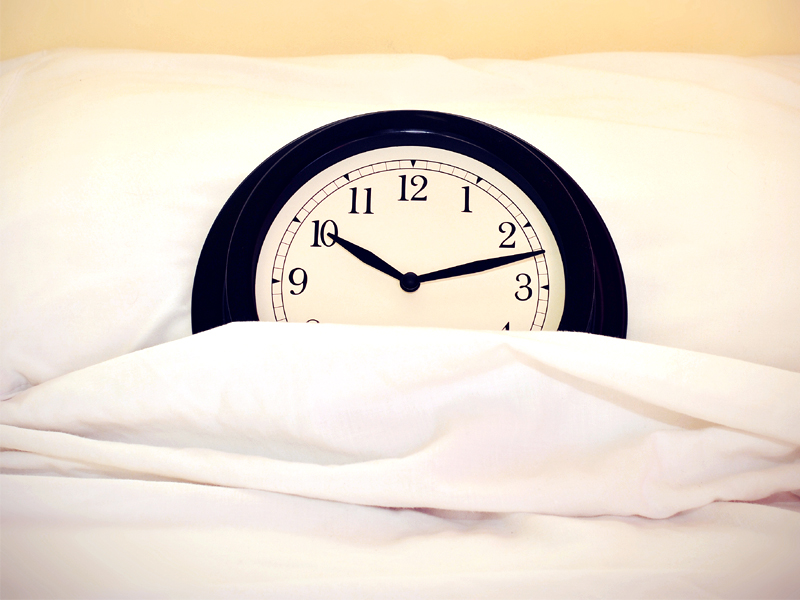
The research involved 34 sleep-deprived participants and 12 controls in a sleep lab for five days and four nights with round-the-clock monitoring. Sleep-deprived participants consumed close to 1,000 calories during overnight wakefulness. They consumed a similar amount of calories the day following sleep deprivation, as they did the day following a good night’s sleep.
However, when comparing the macronutrient intake between the two days, researchers found that healthy adults consumed a greater percentage of calories from fat, and a lower percentage from carbohydrates during the day following total sleep deprivation. The researchers also found that sleep-deprived participants displayed increased connectivity within the salience network, which is thought to play a role in determining contextually-dependent behavioural responses to stimuli that can be either internal or external.
Moreover, increased connectivity in the salience network correlated positively with the percentage of calories consumed from fat and negatively correlated with the percentage of carbohydrates after sleep deprivation. The findings were published in the journal Scientific Reports.
Published in The Express Tribune, February 14th, 2015.
Like Life & Style on Facebook, follow @ETLifeandStyle on Twitter for the latest in fashion, gossip and entertainment.
1732503274-0/Untitled-design-(43)1732503274-0-405x300.webp)
1732501636-0/Untitled-design-(42)1732501636-0-165x106.webp)

1732498967-0/Outer-Banks--(1)1732498967-0-165x106.webp)
1732086766-0/BeFunky-collage-(74)1732086766-0-165x106.webp)












COMMENTS
Comments are moderated and generally will be posted if they are on-topic and not abusive.
For more information, please see our Comments FAQ